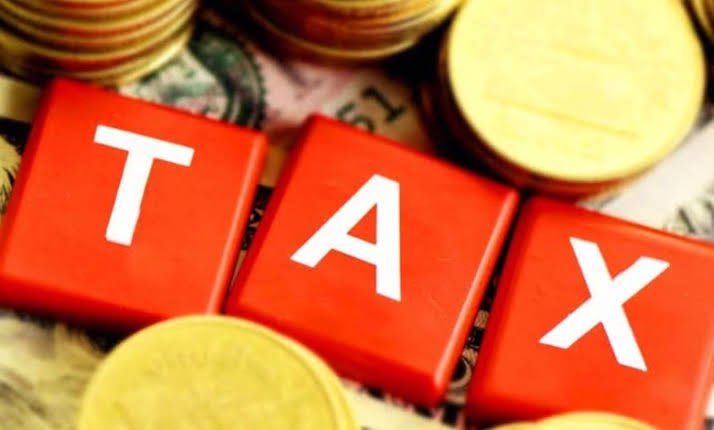The bill to establish a Nigerian Coast Guard aimed at protecting Nigeria’s maritime areas has passed its second reading in the Senate.
VAT rate proposed for phased-review as follows, in:
– 2024, remains at 7.5%
– 2025, moves to 10% as CIT rate reduces to 27.5%
– 2026, moves to 12.5% as CIT reduces to
25%, and
– 2030, moves to 15% (in line with ECOWAS rate).
Companies Income Tax:
1. Small companies: 0%.
2. Large companies:
27.5% in assessment year 2025; and
25% in assessment year 2026.
– Companies are reclassified into two – small and large. Threshold for small taxpayers increased to N50m
Consolidating all the earmarked taxes into a development levy at 4% which will be progressively reduced to 2% over 5 years.
• Minimum tax is repealed
• The global minimum tax for only multinationals and very large companies introduced in line with the OECD Pillar 2.
Personal Income Tax:
– Individuals are taxed on a sliding scale of 0% to 25%.
– Individuals that earn N800,000 p.a. or less to enjoy 0% tax rate
– Employment income accruing in Nigeria to a non-resident individual will not be taxed in Nigeria except where the employment is exercised in Nigeria.
VAT E-Invoicing:
Legal framework for fiscalisation and e- invoicing system.
VAT Refund:
– VAT refund is to be made within 30 days of application without the need for a prior audit.
– Government is to share net VAT revenue after setting aside the funds required for VAT refund-claims.
– FIRS to submit monthly reconciliation schedule of refund claims, payments and funding.
– Penalty, including blacklisting or prosecution for false or fraudulent VAT refund claim.
– Businesses with turnover below N50
million relived of VAT obligations.




